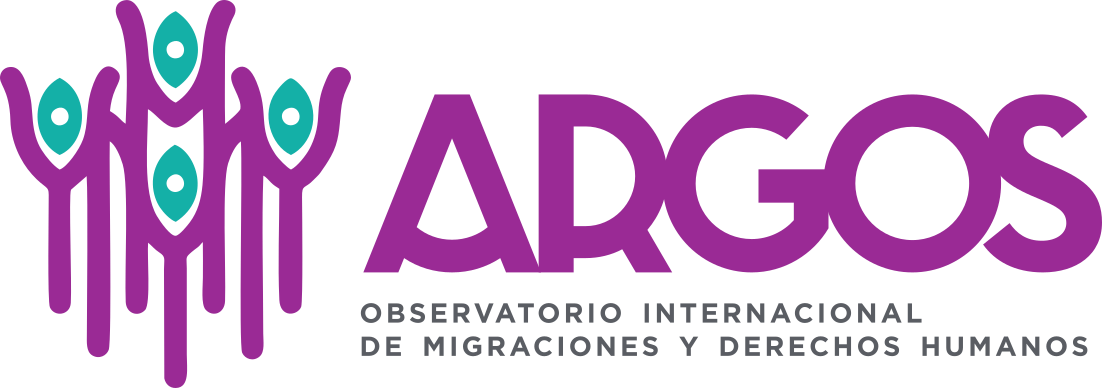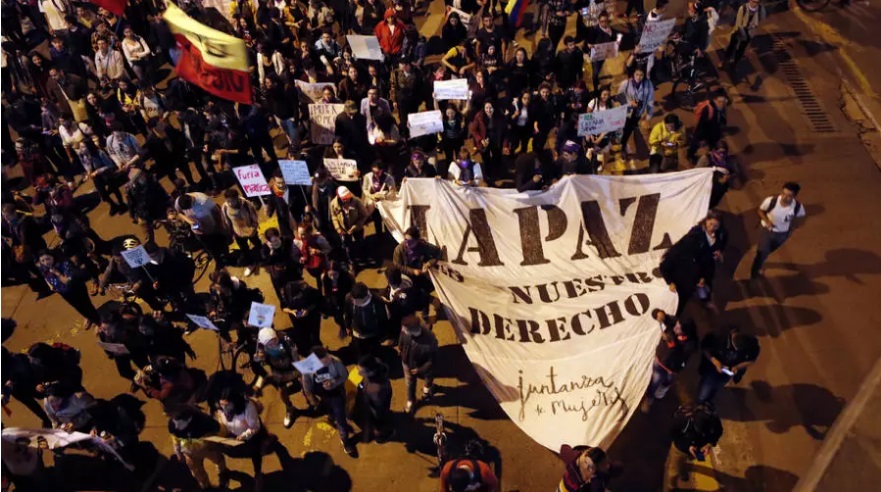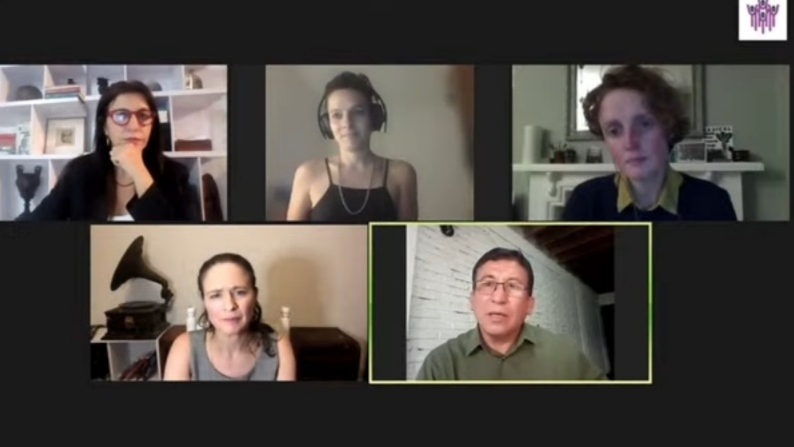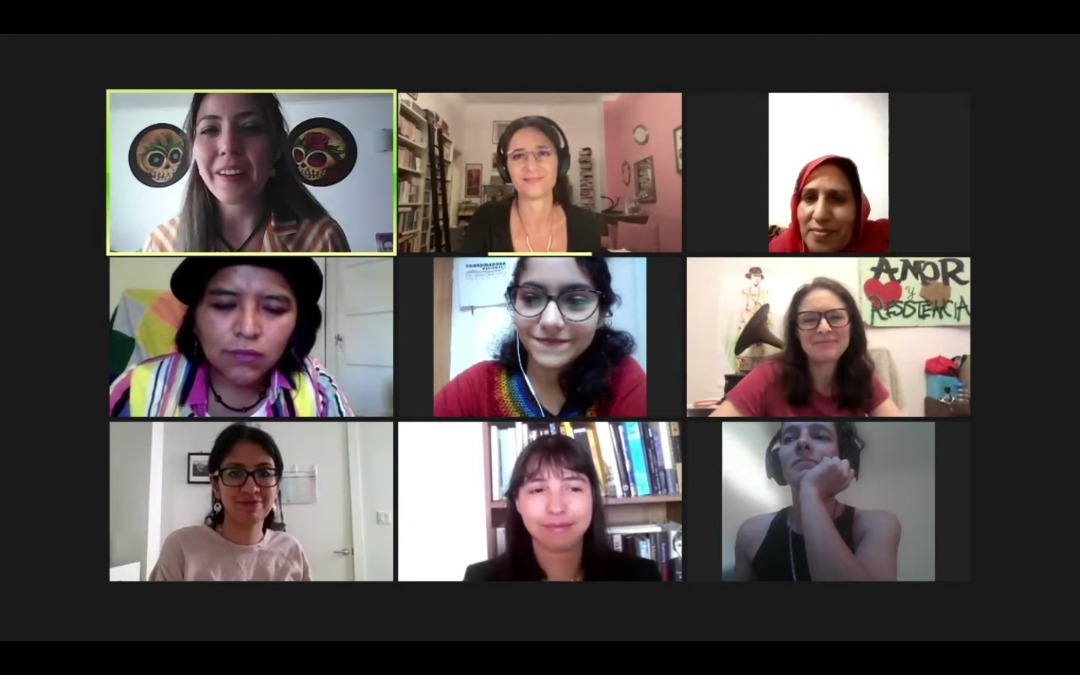On Sunday, July 18, the largest trip of Venezuelan repatriates took place since the beginning of the Venezuelan Government’s Plan Vuelta a la Patria (Return to the Homeland) program. A total of 700 people who for various reasons had been displaced to the neighboring islands of Trinidad and Tobago decided to return voluntarily, in a trip organized for this purpose in the vessel “Paraguaná”.
It was also the first trip of the program to be made by sea since the beginning of “Vuelta a la Patria”, a program for the return of Venezuelan people to their country initiated on August 27, 2018, since the rest of the trips of this type had been made by air and land. To date, 149 flights have been carried out.
The group of 700 Venezuelans, registered and registered of their own free will to return, represents 5.3 percent of the total number of Venezuelans still living in Trinidad and Tobago. Prior to this act of repatriation by sea, there had been a Return to the Homeland flight from Trinidad, in which 96 Venezuelan nationals traveled.
The registration process continues, so that the number of Venezuelan nationals willing to return to their country of origin will increase in the coming months. The number of Venezuelans in Trinidad is approximately 11,800.
It will be easier and easier to return
Ricardo Sanchez, Minister Counselor and head of the Venezuelan consular section in Trinidad and Tobago, was part of the official delegation that organized the voluminous trip, which included entire families, single individuals and people in different socioeconomic situations.
When asked about the process to be followed by the citizens who wish to return, he revealed that it is a very simple and transparent procedure: “The persons concerned express their wish to return by sending an e-mail or using the telephone numbers provided for that purpose. Subsequently, they are summoned to our embassy headquarters to fill out some forms, a file is opened for each one and the waiting period begins, until we have the date of the next trip”.
He also commented that, in view of the fact that Trinidad has announced the opening of its borders, it is probable that those interested will have at their disposal quick, simple and inexpensive options for their return, since the eventual normalization of flights and shipping activity between the countries is foreseeable.
The pandemic situation had encouraged human smuggling networks, and this would also be more controllable in a normalization scenario.
Officials of the Consular Relations Office of the Venezuelan Ministry of Foreign Affairs revealed that, with this contingent of 700 people repatriated, Vuelta a la Patria now totals more than 26,000 people brought back to their homeland in almost three years of operation (as of July 2, date of the last flight, 25,705 people had returned to their homeland).
Of the Venezuelans who were part of this group of 700, more than half are inhabitants of eastern states.
The National Institute of Aquatic Spaces participated in the repatriation operation.








